ABE Specifications
SHARE THIS:
General
| Dimensions: | Length = 3 m, width = 2 m, height = 2.5 m |
| Weight: | 550 kg |
| Operating range: | 20-40 km (14-20 hours) |
| Energy: | Lithium Ion batteries (5 kWh) |
| Consumption: | Hotel load: < 50W |
| Total: 210-300W (depending on mission type) | |
| Recharge time: | Maximum of 12 hours (80% recharge in ~6 hours) |
| Bus power: | 42-60 Volts DC (for sensors) |
| Survey speed: | 0 to 1.4 kt (top speed) |
| Descent time: | 1,000 m/hr (expendable weights for descent and ascent) |
| Navigation: | Long baseline acoustic transponders |
| Doppler Velocity Log | |
Standard Sensors
ABE is equipped with a standard suite of science and engineering sensors (see below). In addition, ABE is a sufficiently flexible platform that additional sensors can be interfaced by PIs according to their specific interests and scientific needs.Engineering sensors
• Paroscientific pressure sensor, rated to ≥4,500 m
• Attitude sensors (pitch, roll, heading)
Geophysical sensors
• SIMRAD SM2000 200 kHz multibeam sonar, rated to 3,000 m
• Imagenex 675kHz scanning sonar, rated to ≥4,500 m
• 3-component Develco fluxgate magnetometer, rated to ≥4,500 m
Oceanographic sensors
• 2 sets of conductivity, temperature sensors, SeaBird models SBE3 & SBE4, rated to ≥4,500 m
• SeaPoint optical backscatter sensor (OBS) rated to ≥4,500 m
Seafloor photography
• a 1024 x 1024 pixel 12-bit digital still camera, rated to ≥4,500 m
Project-specific sensors interfaced to ABE by PIs during recent cruises
• Eh electrode (redox sensor) - Dr.Koichi Nakamura, Japan
• Fe(II) and Mn sensors - Prof Chris German, SOC, United Kingdom
Note: All sensor data are stored on the vehicle and retrieved upon recovery.



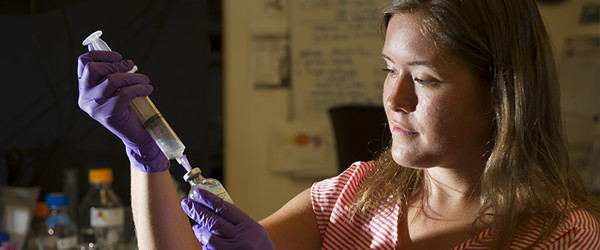


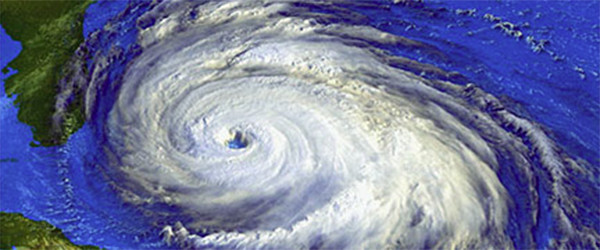
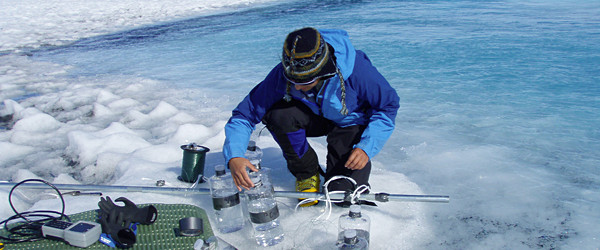
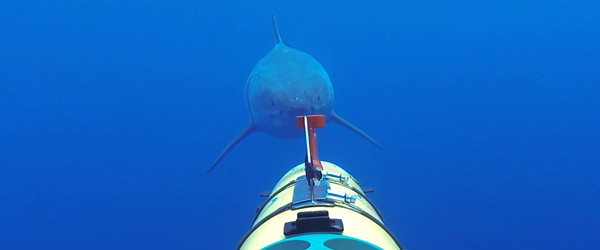
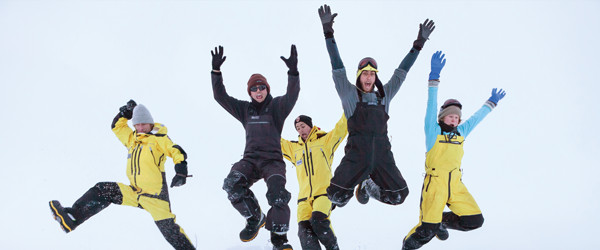
 Facebook
Facebook Twitter
Twitter Instagram
Instagram Vimeo
Vimeo YouTube
YouTube LinkedIn
LinkedIn RSS Feeds
RSS Feeds







